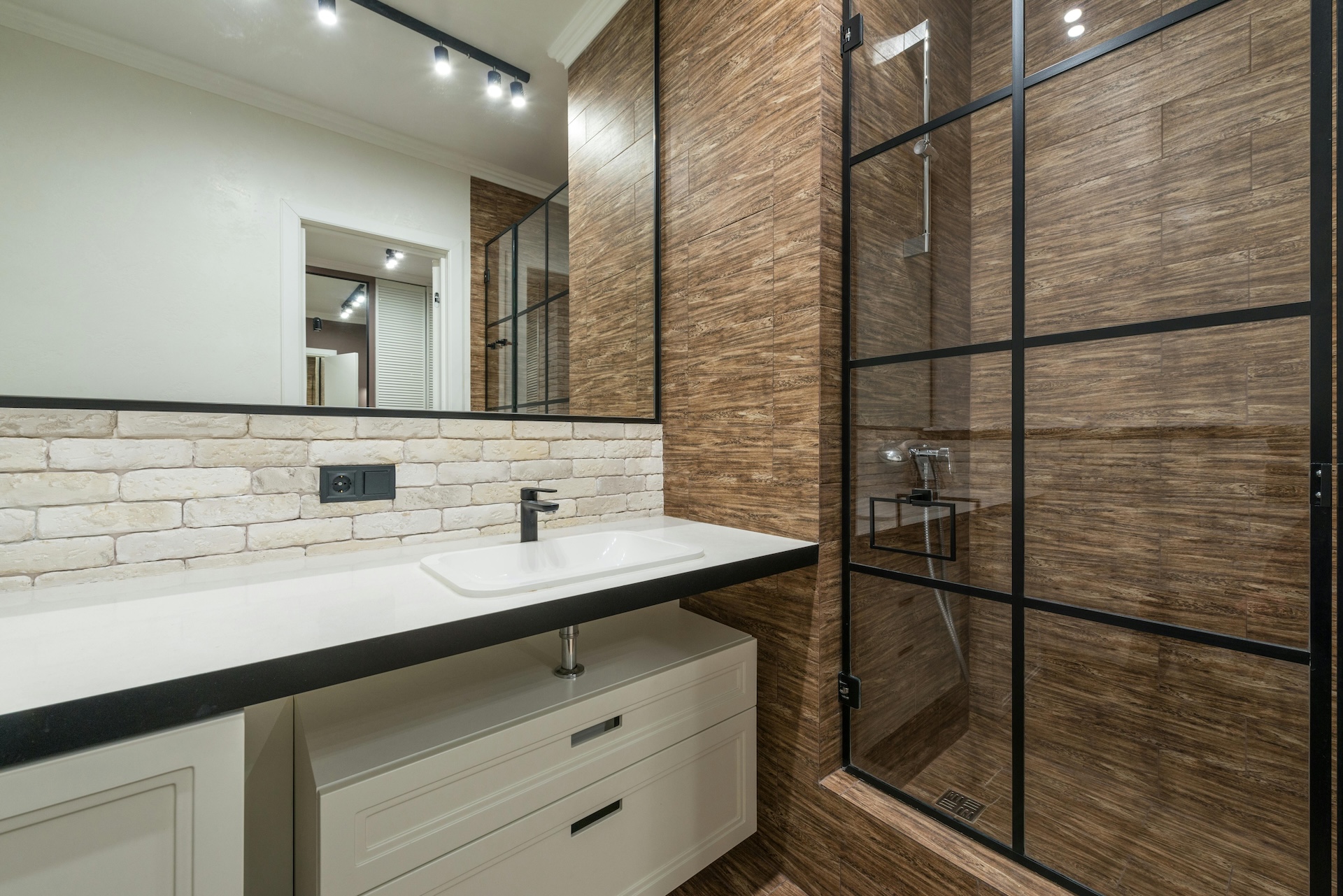
The Science Behind Water Pressure: How to Optimize It in Your Home Nov 21, 2025
Firstly, let's delve into what water pressure is. Essentially, it refers to the force that drives water through your pipes, determined by the volume of water moving through and the speed at which it travels. High water pressure means more water flows out of your faucets, which can seem beneficial but also poses risks such as leaks, pipe damage, and increased water bills. Conversely, low water pressure can lead to insufficient water flow, making daily chores a hassle and inhibiting the performance of appliances like dishwashers and washing machines.
To diagnose water pressure issues, the first step is to measure it using a pressure gauge, which can be easily attached to a faucet. An optimal reading typically ranges between 40 to 60 psi (pounds per square inch). If the reading falls outside this range, it's time to take action.
For high water pressure, one effective solution is to install a pressure-reducing valve (PRV). This valve helps regulate the pressure coming into your home, preventing stress on the pipes and extending the lifespan of your plumbing system. It's also advisable to regularly check for leaks, as high pressure can exacerbate existing ones.
On the other hand, if you're dealing with low water pressure, start by inspecting your local shut-off valve. Sometimes, these valves can be partially closed due to maintenance work or renovations, reducing pressure. Simply turning them to the fully open position can significantly improve flow. Additionally, clean your faucet aerators and showerheads. Mineral deposits can clog these fixtures over time, restricting water flow.
Further, consider the condition of your pipes. Older pipes made from galvanized steel can corrode, limiting water flow. If this is the case, upgrading to newer materials like copper or PVC can make a noticeable difference. Ensuring that all of your plumbing fixtures are in peak condition is vital for maintaining stable water pressure.
It's also worth checking with your water company about possible supply issues or pressure regulations that might affect your home's pressure. They may provide important insights or schedule necessary maintenance to resolve broader neighborhood issues.
While DIY troubleshooting can resolve many water pressure issues, persistent problems may require professional assistance. Straight Plumbing & Heating offers expert services to assess and repair water pressure problems, ensuring your plumbing system operates efficiently.
In conclusion, understanding the science behind water pressure and taking proactive measures can significantly enhance your home's water efficiency and enjoyment. By installing pressure-regulating devices, routinely checking fixtures, and consulting with professionals when necessary, you can maintain optimal water pressure that caters to your household's needs. Whether you encounter high or low pressure, tackling the issue head-on ensures a smoother, more effective plumbing system, saving you both stress and money in the long run.
/filters:no_upscale()/media/2eeab31b-86b7-4626-8234-abb07f44f5ac.jpeg)
/filters:no_upscale()/filters:format(webp)/media/35255f02-e1cb-4f8b-bf15-c759067ca746.jpeg)